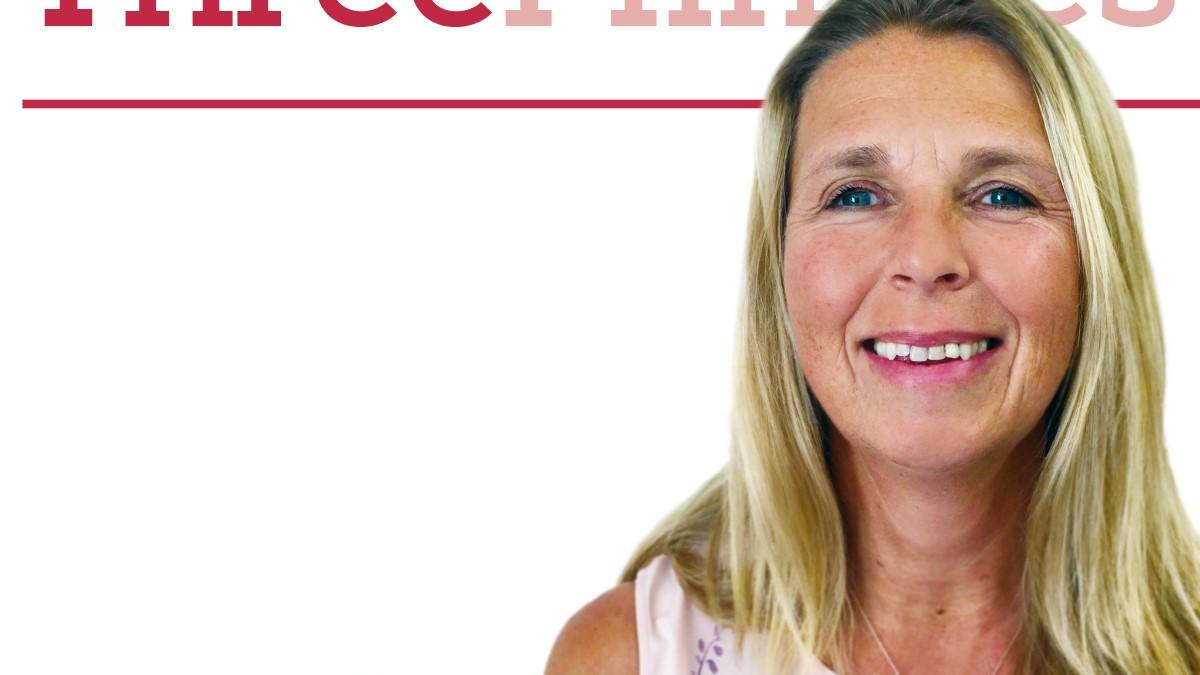With help from staff ‘champions’, physiotherapist and Darzi fellow Joanna Carr led initiatives designed to reduce care home falls and improve residents’ health.
Why did you switch to a non-clinical role?
Darzi fellows are recognised in London for leading major service improvements, implementing safety and quality initiatives, and achieving substantial financial savings. The fellowship [which gives clinicians a chance to develop as leaders] has given me the knowledge, attitude and skills to help lead the NHS of the future. It has also provided me with a wide network of critical alliances, and friends, to learn from.
What was your objective?
As a Darzi fellow, to represent physiotherapy as a valued member of the Sutton Homes of Care vanguard was an honour. Vanguards are new care models, meant to develop an NHS blueprint for the future, and our aim was to improve the health and quality of life of all care home residents in the London borough of Sutton by delivering a new integrated care and rehabilitation model. It was recognised that falls in care homes were contributing to a high number of ambulance call-outs. Although falls are, sadly, sometimes unavoidable, there are preventive measures.
What was your role?
I focused on culture change, leading initiatives and helping care homes to empower staff through physiotherapy training and knowledge. Understanding new models of care – the benefits, challenges and applications – was the foundation of my change project.
How did it work in practice?
A pilot of a new model of care was set up in four care homes. It involved a wellbeing and health round, and the development of end-of-life care and falls champions willing to participate in training and the implementation of the model. The champions were staff members who volunteered for the additional role and were passionate about improving residents’ experience and care. The desire and initiative to be a champion must come from the staff member. The model doesn’t work if the individual is assigned or appointed.
So you worked with the champions?
I would meet them and provide regular training and workshops, and reflect on issues at their care homes to identify opportunities for change. An example of the work I did with our champions was the development of a system known as RAG – red, amber, green – to rate mobility aids. This was the idea of a champion who identified that staff could not easily recognise how much assistance or supervision was needed by residents who walked with frames. This was especially notable when bank staff were on duty. The RAG rating was adopted by three out of four pilot homes and has been rolled out to other homes in Sutton. The initiative created a culture change and helped to prevent falls.
What challenges did you encounter?
Working in a care-home system required an appreciation of, and respect for, culture and processes before practices could be observed and improved. Variance in recording of falls, lack of a standard definition of a fall and changes in management structure, plus some staff reluctance, all had an impact. But the biggest success was providing evidence that by implementing small, tangible initiatives we could bring about a reduction in falls. The initiative of the champions was absolutely essential. They all had similar qualities and characteristics – enthusiasm, empathy, excellent communication and listening skills – which made the whole experience possible. But the model also requires a care home manager who will support implementation of changes. Engaged staff, good communication and protected time were all essential ingredients.
Now you’re back on the crisis team, what lessons have you learned?
The champion model is a manageable way of empowering staff who want to make a difference. Not only does the model improve residents’ experiences, it also offers care home staff new confidence and career development. Every organisation has change ambassadors. It is up to management to identify and support them to pursue their desire to create change.
Number of subscribers: 1

